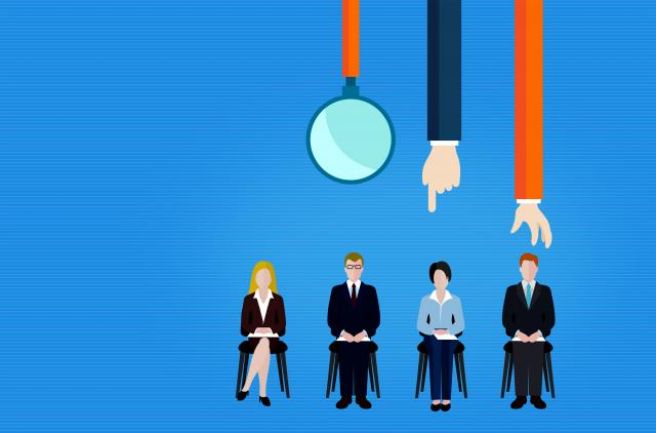The guidance comes right out of the Fair Labor Standards Act where the identification process is explained. One of the big reasons for the enforcement is to offer the protections to employees for minimum wage, overtime, and unemployment compensation. Recently in New York, Uber and Lyft drivers were determined to be contractors, not employees. However, every state will make its own determination. The DOL offers these six factors for employers to use as a test to differentiate between an employee and a sub-contractor.
The six factors or questions in the “economic realities” test include:
1.Is the work an integral part of the employer’s business?
2.Does the worker’s managerial skill affect the worker’s opportunity for profit or loss?
3.How does the worker’s relative investment compare to the employer’s investment?
4.Does the work performed require special skill and initiative?
5.Is the relationship between the worker and the employer permanent or indefinite?
6.What is the nature and degree of the employer’s control?
Source: DOL-Administrator’s Interpretation No. 2015-1
Examples:
- A contractor who hires an auto mechanic to service the company vehicles is not part of the day to day work of the contractor and therefore, the auto mechanic would not be defined as an employee.
- If a cabinet maker, who is hired by a contractor to provide cabinets for a job, hires a part time person to fulfill the order, that worker would be considered an employee.
Enhance Your Policy With Some of These Options:
- Employment Practices Liability can cover your business if discrimination, sexual harassment or wrongful termination claims are made by present, former or future employees.
- Life Insurance for Business Owners can help you plan for business succession, survive the loss of a key employee or partner and retain/reward your top people.
- Umbrella can shield your business from potentially ruinous lawsuits with additional liability coverage.
- Transportation and Cargo to cover against goods that are damaged or lost when transported by one of your vehicles or common contract carriers.
- Spoilage for perishable goods when they spoil due to a mechanical breakdown or power outage.
- Delivery/Catering Non-Owned Auto if an employee is involved in an auto accident while driving a personal automobile on company busin

